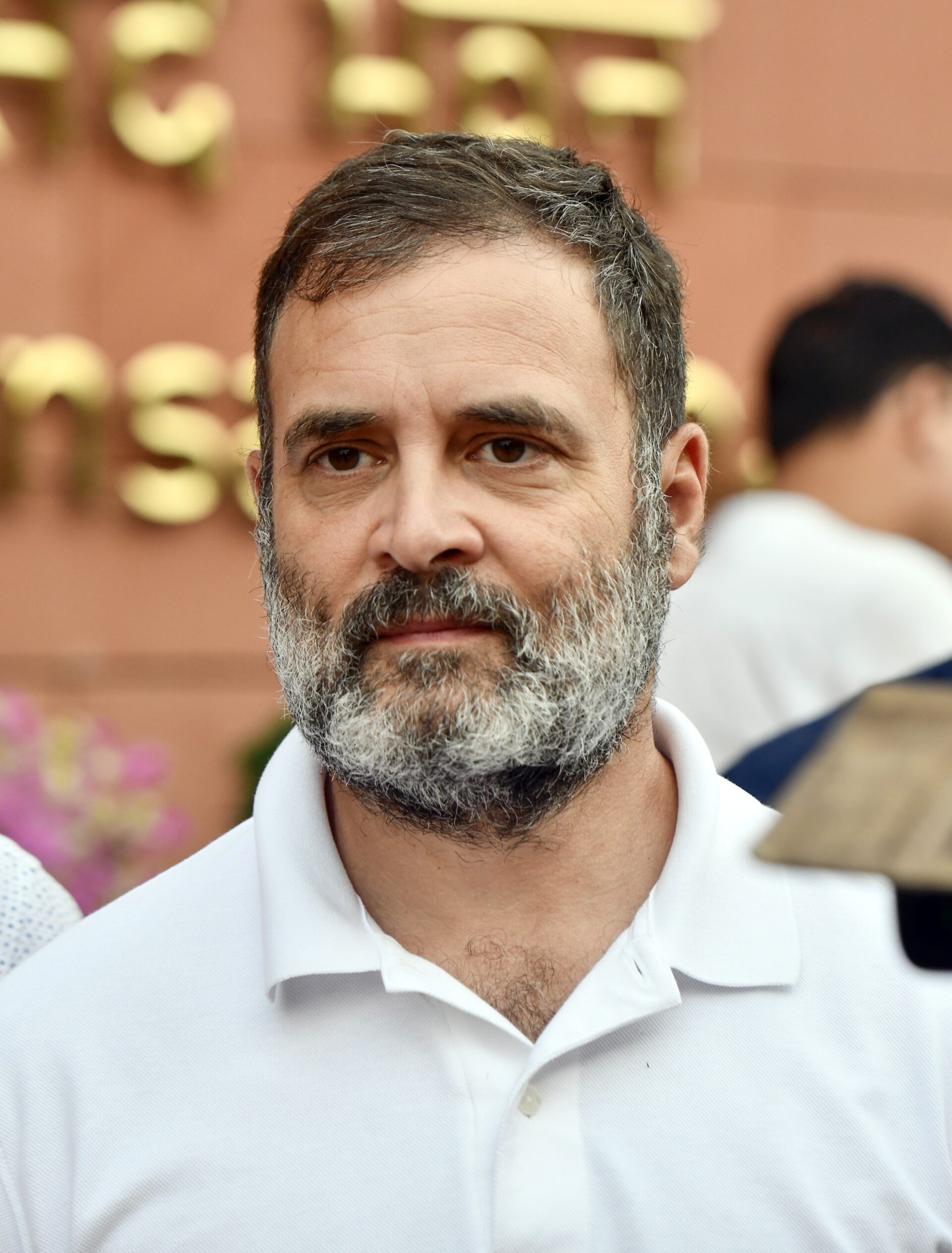NEW DELHI: ‘The shadow cabinet exists only in British politics. Moreover, the UK has not formed any coalition government till now, there are two dominant parties.’
After Rahul Gandhi took over as the leader of opposition in the Lok Sabha, leaders close to him indicate that the Gandhi scion is planning to form a shadow cabinet in which all the opposition parties could be included and subsequently, shadow portfolios will be allotted to important leaders.
To explain the shadow cabinet model further, it is a feature of the Westminster setup of government. It comprises of a senior group
The reason for not informing the opposition, according to a senior CWC member, is the unavailability of top leaders like Rahul Gandhi and Mallikarjun Kharge in Delhi before the parliamentary sessions and the time constraints of the two leaders. A Congress MP said, “Rahul Gandhi has talked about forming the shadow cabinet but until now, there has been no communication with the opposition parties about it. They may do it after the parliament session will be over.”
In addition to that, a CWC member said, “The discussions about shadow cabinet may have emerged at the time of the nomination of LoP. Congress will replenish its administrative power and strengthen its intraparty structure by forming the shadow cabinet. They should do it on their own.”
In the Westminsterial parliamentary system of United Kingdom, the leader of the official opposition party forms the shadow cabinet which does not include the members of any other party, although the smaller parties can form their own cabinet. In India’s case, the Congress party after securing more than 10% of seats (more than 55) in the Lok Sabha of the total strength (543) became the official opposition party. Asked if a shadow cabinet in India can include multiple parties, former Union Minister of External Affairs said, “The shadow cabinet only exists in British politics, and nowhere else in the world. Moreover, the United Kingdom has not formed any coalition government till now, there are two dominant parties, one helming the government and another taking the role of opposition. But in the case of Indian politics, so many parties come together to form the government or to cobble up a stronger opposition. So, there are different possibilities here.”
Another senior Congress leader said, “If the opposition is not included, they will say that we have created such a huge front against the government and yet the Congress will take all the highlight, so I think it would be necessary to bring them along.”
However, there is a concern among a section of political analysts that opposition parties may find it difficult to attach themselves with Congress. Moreover, reasoning the possibility of other opposition parties distancing themselves from such an idea, a political analyst said, one has to understand that LoP is a shadow prime minister, so would the other parties like Trinamool Congress (TMC) and SP agree to form the shadow cabinet and subsequently accept such a leadership role of Rahul Gandhi, which will reduce the role of their respective parties as subordinates?
Yet, there are other analysts who think that all the opposition parties have already decided to form a unified solid camp even before the elections and thus they will comply by all the requirements needed to corner the ruling Bharatiya Janata Party until they weaken the existence of it.
If such an idea gets implemented, Congress is believed to give shadow positions to those who can fit well in the executive powers of prospective cabinet at the centre. And make a way for them to groom them in the ministerial settings. A Congress leader said, “A shadow minister only talks about a particular ministry. If Congress gives a leader a shadow portfolio of home ministry, he will have to speak only about that ministry. He would prefer not to speak about other issues which come under other ministers. In case of finance ministry, it may be represented by P. Chidambaram only if he is given the shadow portfolio of finance.”
An expert said, “It is the shadow cabinet’s responsibility to scrutinise the policies and actions of the government, as well as to offer alternative policies. The shadow cabinet makes up the majority of the official opposition, as part of frontbenchers to the parliament.” However, it is noteworthy to mention that the members of a shadow cabinet have no executive power.
Another expert said, “It is a research- intensive job. A leader who will be pitched against a particular ministry will have to study or have a team that will study all the functioning, roles and responsibilities of a particular ministry and based on that, they will appoint the ministers.”
BJP national spokesperson Samik Bhattacharya said, “The Congress party has become a shadow now after losing the Lok Sabha elections. Actually, the party has lost its confidence. They can’t face this government. Therefore, whatever they form is not going to make any difference in Indian politics.”

